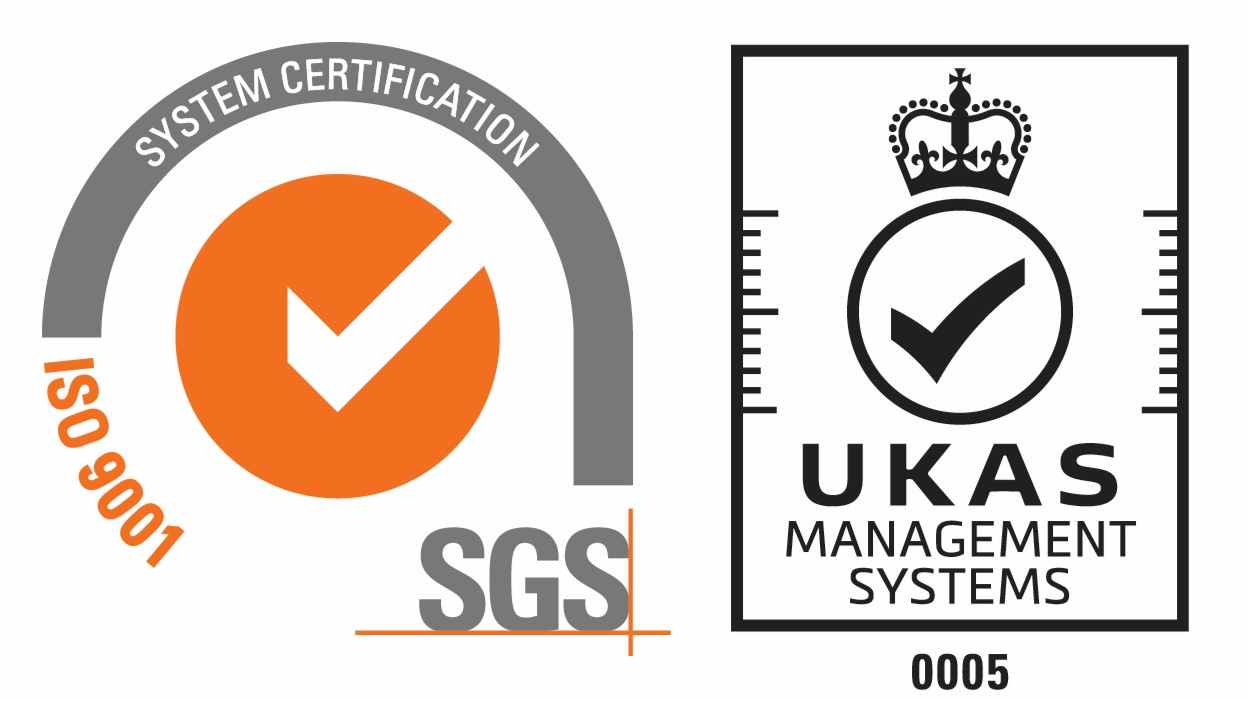TEEWA-2
TEEWA-2 study: Young adults born with HIV including the impact of COVID-19 crisis
Objectives and innovations
The proposed study, entitled “Young adults born with HIV”, the TEEWA-2 study, builds upon the TEEWA-1 study carried out from 2010 to 2013 in which the situation of 709 adolescents (12-19 years) born with HIV and receiving ART in 20 public hospitals throughout Thailand was examined, in comparison with a well defined matched control group (Supported by Sidaction). At the time of the TEEWA-1 study, none of these adolescents had yet transitioned into adult care. The TEEWA-2 study will re-examine the situation of these adolescents 6-7 years after the initial survey, as they have turned into young adults.
The general aim of the TEEWA-2 study is to assess the outcome and situation of adolescents born with HIV receiving ART when they have become young adults in the Thai society, through a second wave of the TEEWA survey, 6 to 7 years after the initial evaluation.
Specific objectives are as follows:
Objective 1: To assess, as a result of the cascade of care, the clinical outcome of the adolescents born with HIV who participated in the TEEWA-1 survey: death, retention into care among survivors and virological success among those retained into care. For those lost to follow-up or who have moved, linkage will be performed with the data from the National Health Security Office (NHSO), the institution in charge of the provision of ART which maintains a data-base on all individuals registered for ART (free of charge under the Thai Universal Coverage scheme) with their vital and follow-up status.
Objective 2: Determine the factors associated with « successful transition ». Different types of « Successful transition » will be defined: 1) survival; 2) retention into care; 3) virological success for those retained in the health system; and, for those consenting to participate in TEEWA-2, 4) establishment of an independent and stable relationship with or without children, 5) access to education, and 6) employment status.
Objective 3: Compare the integration into the society of these young adults born with HIV with that of a well-defined control group in the general population matched on sex, age and place of residence. Integration into society is defined in terms of:
- Access to education
- Access to employment, income
- Residential arrangement
- Sexuality, contraception, HIV prevention
- Family formation, pregnancy & children
- Social life
And also
- Risk behaviors, including use of illicit drugs, alcohol, tobacco, history of traffic accidents
- Discrimination experiences
- Happiness
Objective 4: Compare the physical and mental health status of these young adults born with HIV with the health of their matched counterparts in the general population in terms of adaptive behavior, quality of life, functional health and mental health.
Objective 5: Document the impact of the COVID-19 pandemic on the living conditions and HIV management of young adults born with HIV followed in the TEEWA study.
Sponsor: SIDACTION

